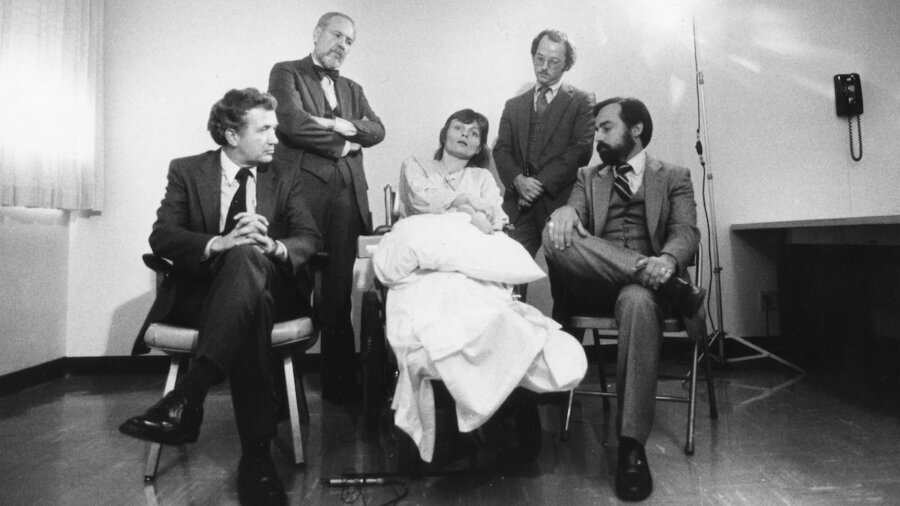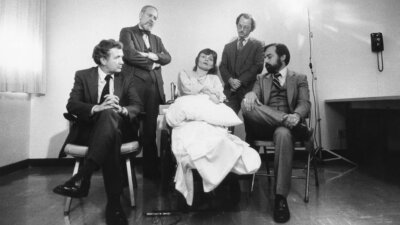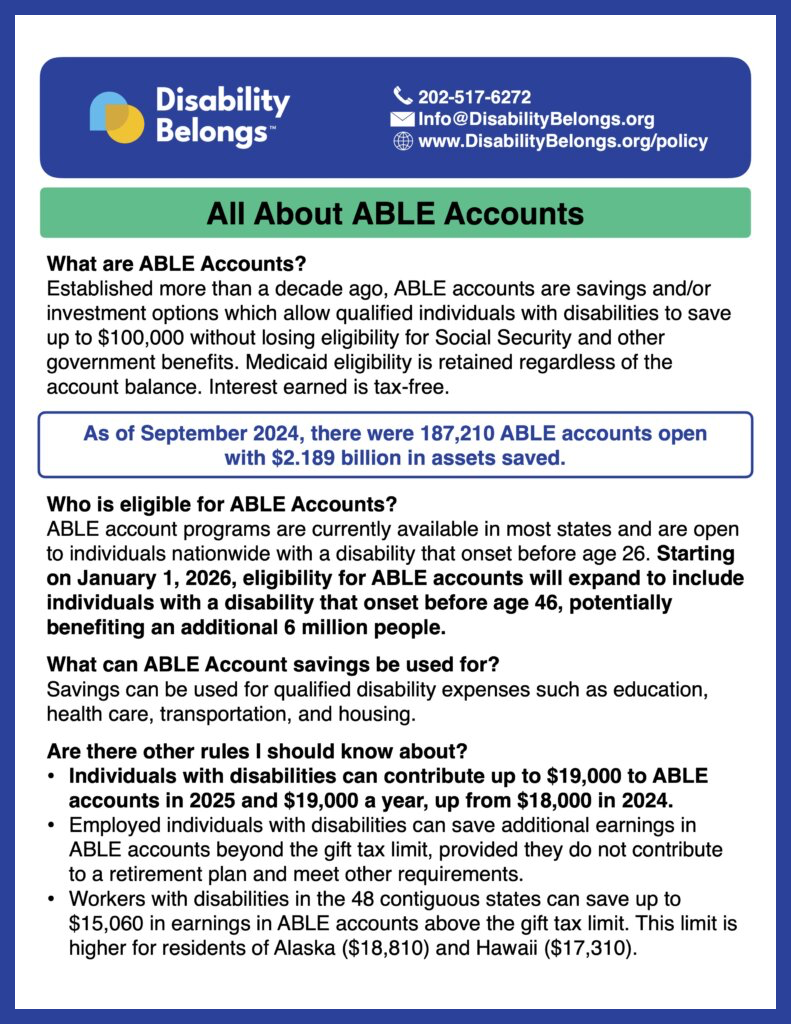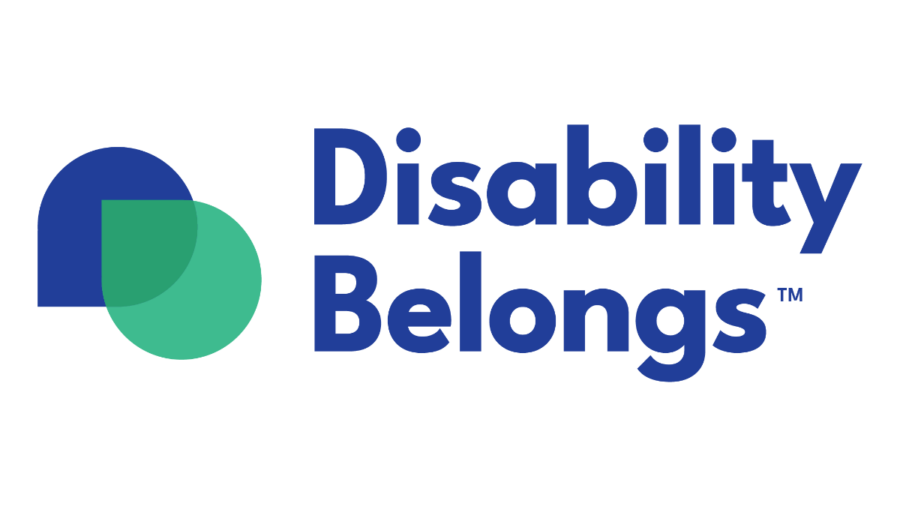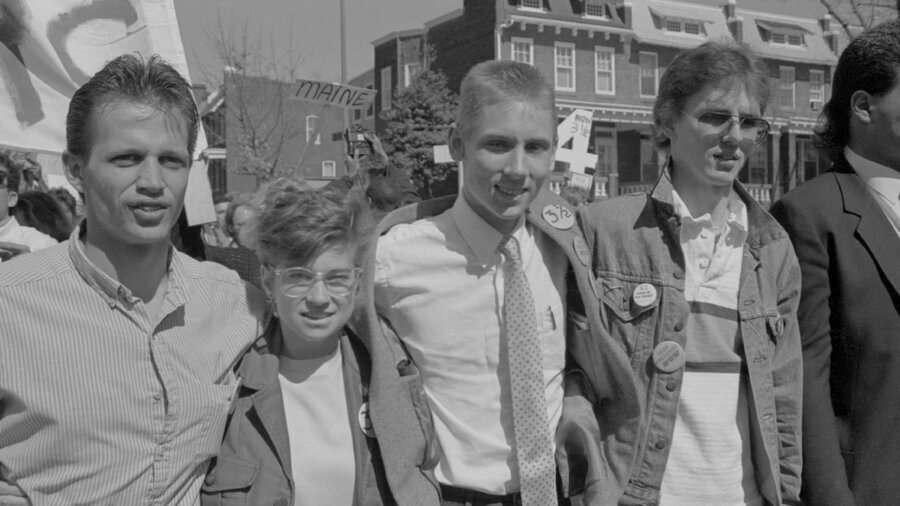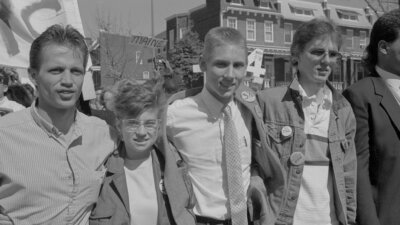 At Disability Belongs™, eliminating barriers to work and advancing competitive, integrated employment (CIE) is one of our top policy priorities. We are committed to ensuring all workers are valued and paid fairly in inclusive workplaces. The path to fair wages and inclusive employment for disabled workers is a challenging one, but with your continued support we can help make it a reality. That starts with legislation that ensures all employees be compensated fairly and equitably.
At Disability Belongs™, eliminating barriers to work and advancing competitive, integrated employment (CIE) is one of our top policy priorities. We are committed to ensuring all workers are valued and paid fairly in inclusive workplaces. The path to fair wages and inclusive employment for disabled workers is a challenging one, but with your continued support we can help make it a reality. That starts with legislation that ensures all employees be compensated fairly and equitably.
Last session, Disability Belongs worked to advance the Transformation to Competitive Integrated Employment Act (TCIEA), a bold step toward ending subminimum wages for disabled workers by eliminating 14(c) certificates nationwide and promoting CIE. Despite our advocacy and the incredible support of our larger network, TCIEA didn’t make it through the legislative process in the 118th Congress. However, some of its key provisions were incorporated into a larger funding bill, called a continuing resolution, near the end of last session that would have also reauthorized the Workforce Innovation and Opportunity Act (WIOA). WIOA is a landmark law that connects job seekers with education, training, and support services while linking employers with skilled workers.
Unfortunately, Congress did not reauthorize WIOA as part of the continuing resolution. Instead, a stopgap version of the funding bill was passed, excluding key provisions from both TCIEA and WIOA. Now, as we move into the 119th Congress, the future of these critical pieces of legislation remains uncertain. [continue reading…]
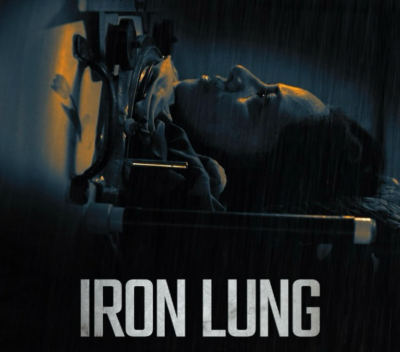 Polio. Iron lungs. These one-time commonalities from a bygone era play a central role in Director Andrew Reid’s short film, Iron Lung.
Polio. Iron lungs. These one-time commonalities from a bygone era play a central role in Director Andrew Reid’s short film, Iron Lung.

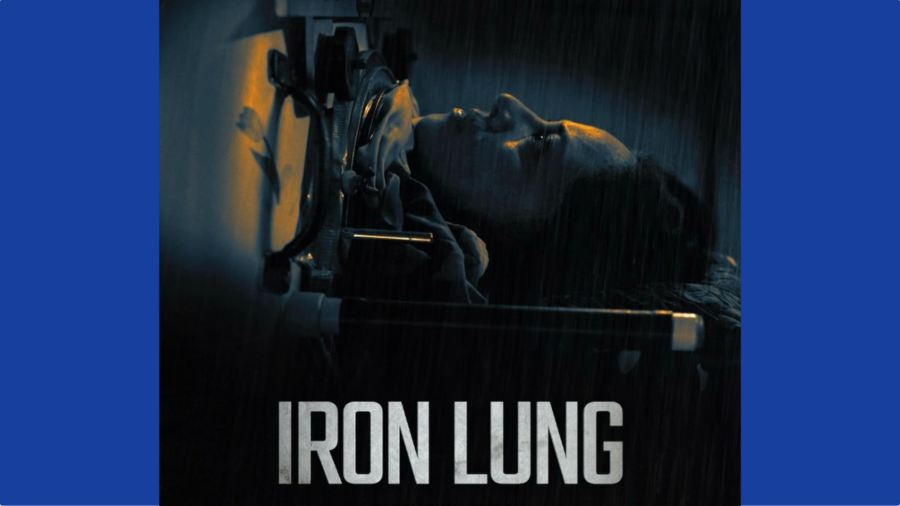


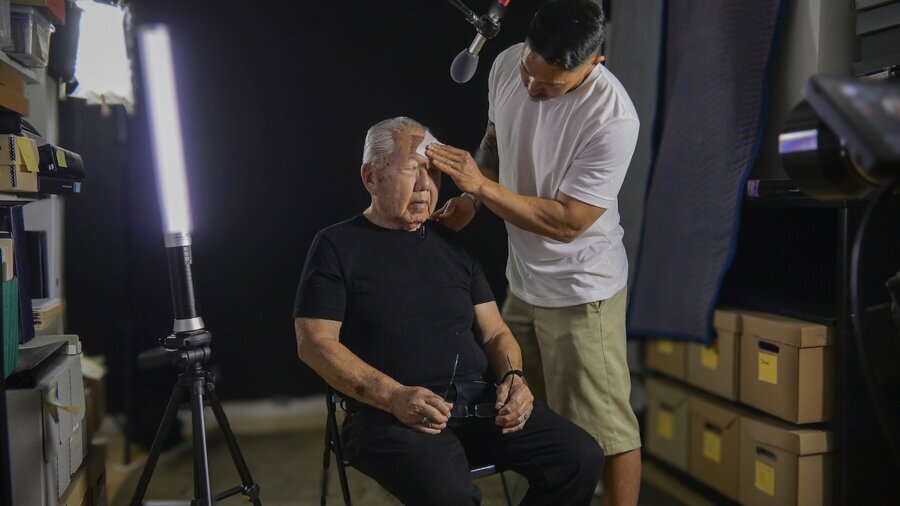
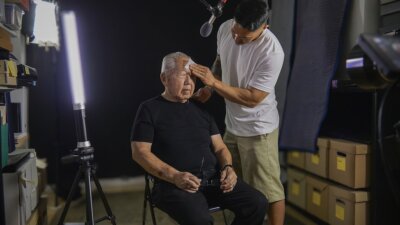
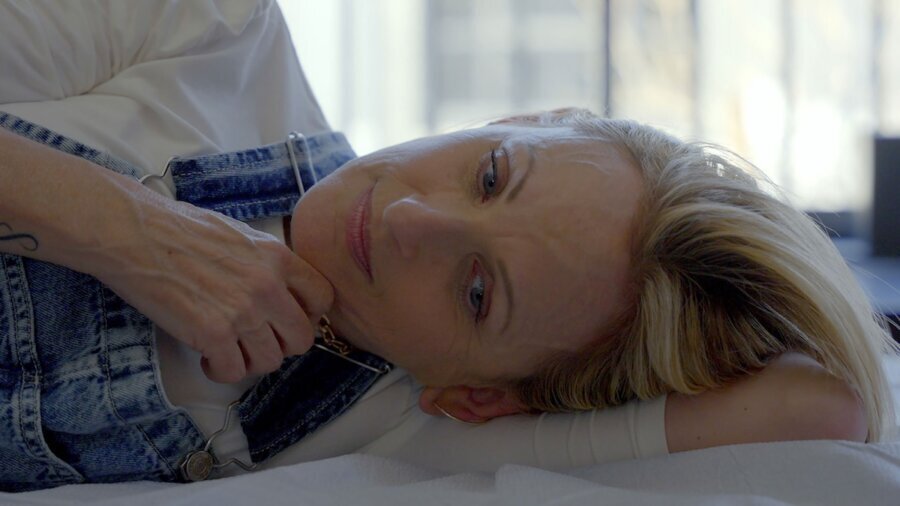
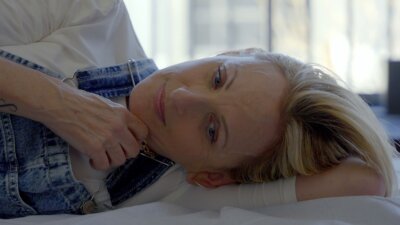

 At Disability Belongs™, eliminating barriers to work and advancing competitive, integrated employment (CIE) is one of our top policy priorities. We are committed to ensuring all workers are valued and paid fairly in inclusive workplaces. The path to fair wages and inclusive employment for disabled workers is a challenging one, but with your continued support we can help make it a reality. That starts with legislation that ensures all employees be compensated fairly and equitably.
At Disability Belongs™, eliminating barriers to work and advancing competitive, integrated employment (CIE) is one of our top policy priorities. We are committed to ensuring all workers are valued and paid fairly in inclusive workplaces. The path to fair wages and inclusive employment for disabled workers is a challenging one, but with your continued support we can help make it a reality. That starts with legislation that ensures all employees be compensated fairly and equitably.